Aligning decarbonization goals with China
Maersk has committed to achieving zero emissions by 2040, which is the most aggressive target for decarbonization in the industry. The company believes that China will be one of the places that can help to achieve the goal.
"We got a lot of support in China," Mr. Eskelund said, China has its own 2030 and 2060 decarbonization goals, so basically we are aligning ourselves in terms of decarbonization goals.
Maersk also believes that China has technologies to produce green fuel and electricity, and the company has signed an MOU with Shanghai International Port Group on green methanol bunkering. "We believe China has great potential to become the leading manufacturer of green methanol fuel because China has engineering capability." Mr. Eskelund said, “We are very looking forward to partnering in China with fuel producers and with ports like Shanghai, to get the transition to green energy. We are very hopeful and optimistic when it comes to decarbonization.”
Trade balance and consumer confidence
In 2022, China and the EU were each other's second-largest trading partner. In Mr. Eskelund's view, the trade between the two areas in 2023 is depending on whether Chinese consumers are back in force and whether the consumption can rebound, as well as the trade balance between China and the EU. "When we look at 2022, the Chinese export to Europe is three times larger in value terms than the import from the Europe to China," Mr. Eskelund said.
He thinks that people need to look at what can make it to be more balanced. "I don't think it can be completely balanced, I don't think it is realistic. Perhaps take a look at other things structurally in the economy and in the relations, to make more balanced level of trade."
Another factor is consumer confidence. Mr. Eskelund said: "People go out and feel confident about spending money -- that will be good for the import. As for export, we believe there is a high focus in China of maintaining China's competitiveness for export manufacturing."
However, Maersk expects that the global trade growth in 2023 will be very modest, somewhere between -2.5% to 0.5%.
Cooperate in a broader range of issues
In 2023, the development of the global logistics industry and supply chain is still facing challenges such as geopolitics. Maersk hopes some of the geopolitical tensions will be resolved. "It's possible to find ways to engage each other, and not impact trade," Mr. Eskelund said.
When talking about relations between Europe and China, Mr. Eskelund thinks the dialogues between China and Europe make sense, in view of the experiences of the past three years. Mr. Eskelund personally expects that China and Europe will continue to be very important trade partners for each other. "I think so many areas, like climate change, that must be addressed with global cooperation. But I also think it will be a big loss for the world if we are not able to cooperate in a broader range of issues, including research, development on how to create more growth in both China and Europe. I'm sure the two sides will keep the dialogue going and find solutions for the challenges together."
The interview was first published on Nouvelles d'Europe, reported by Gu Yetao.








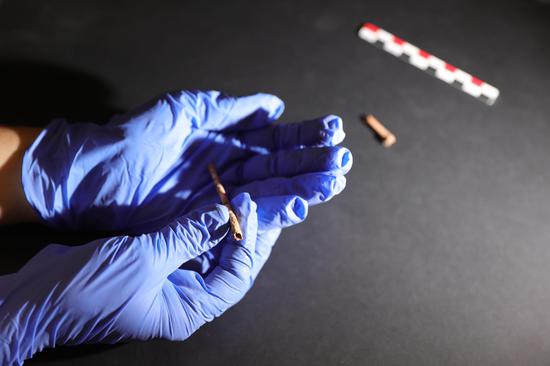

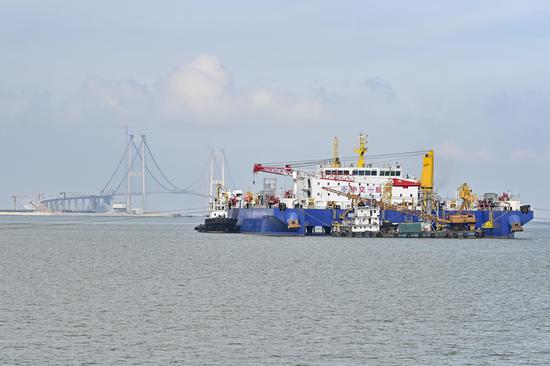
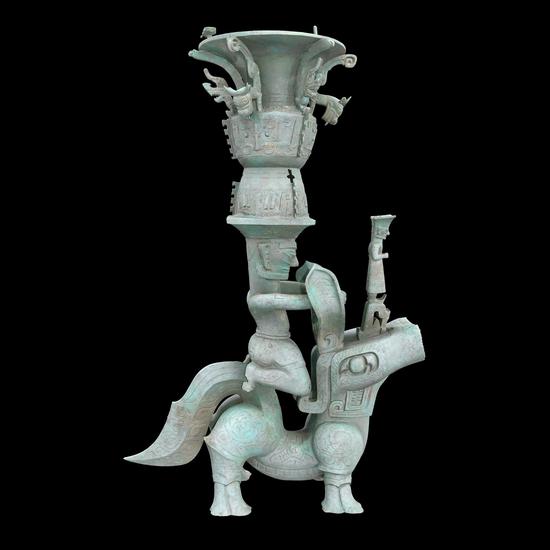

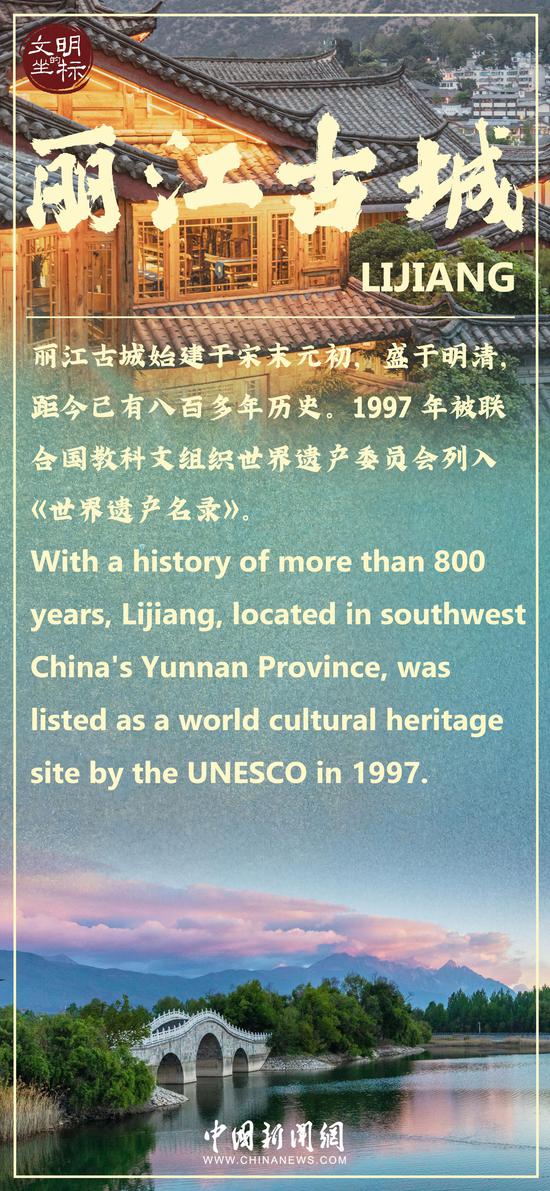

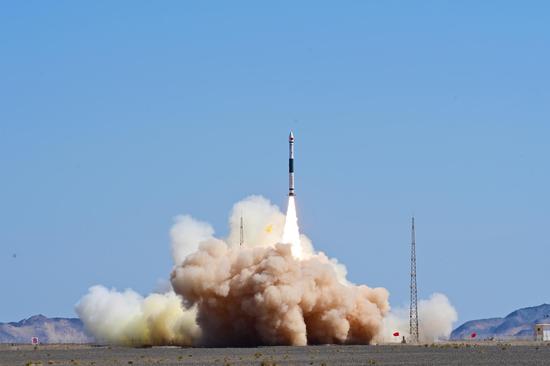
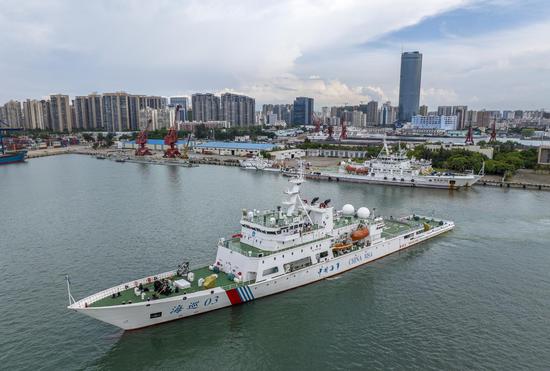
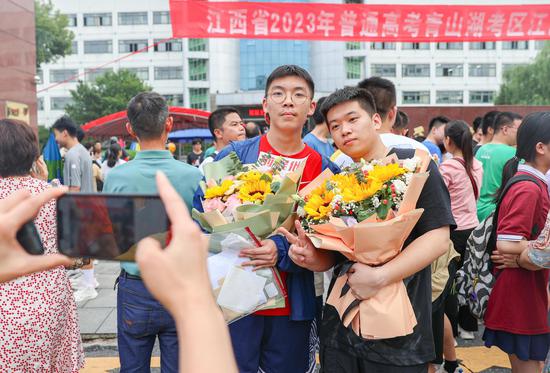

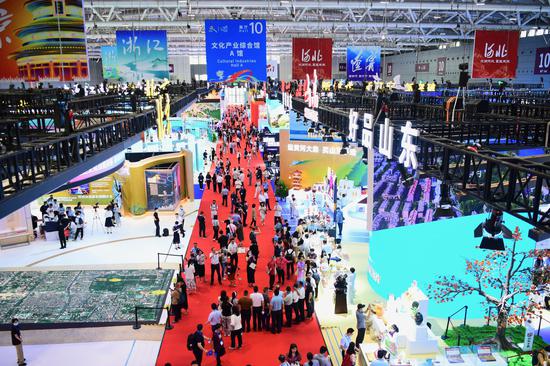



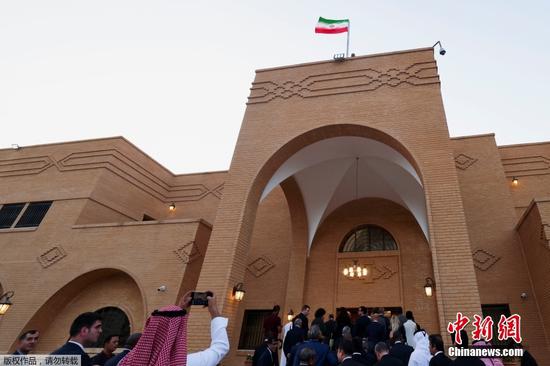
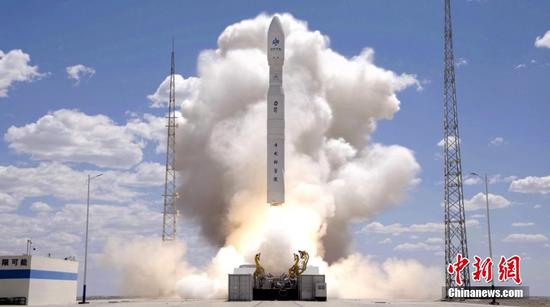



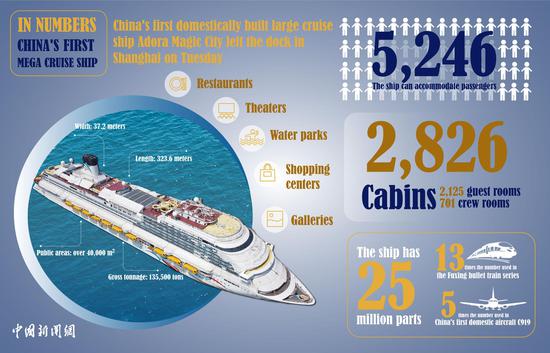
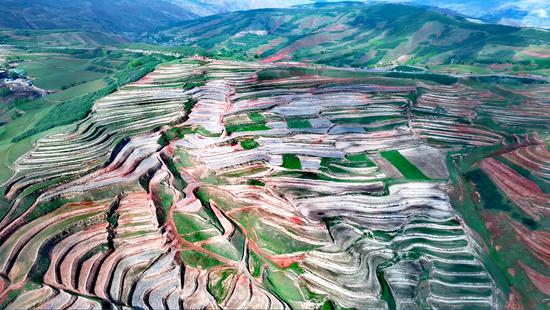
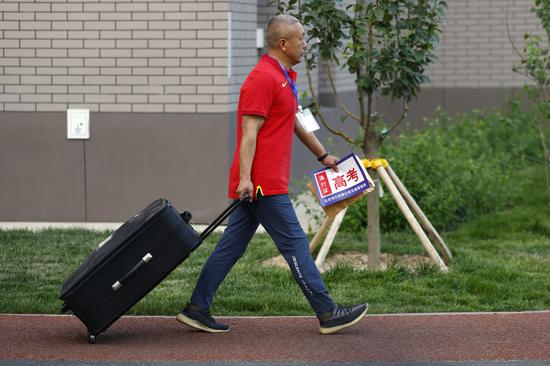
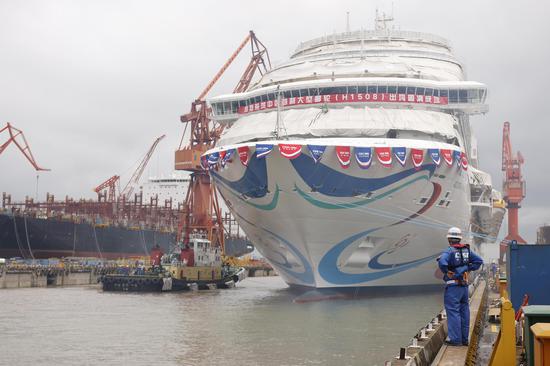

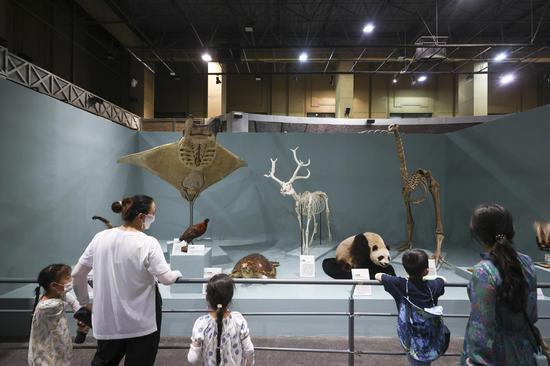
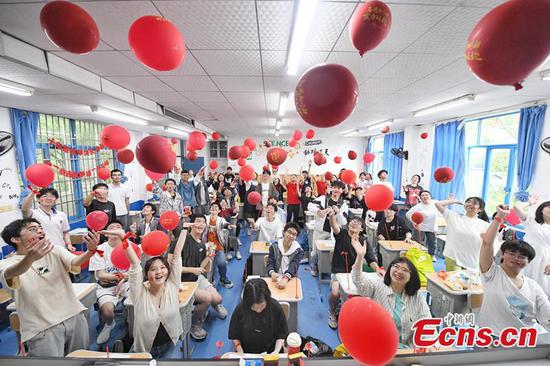
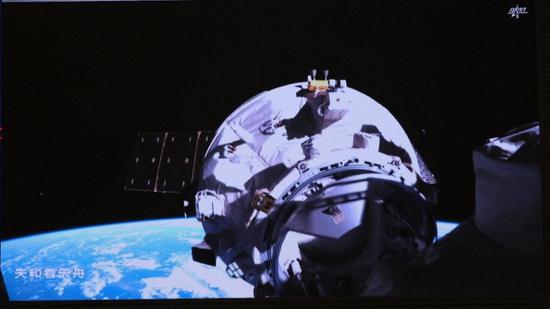



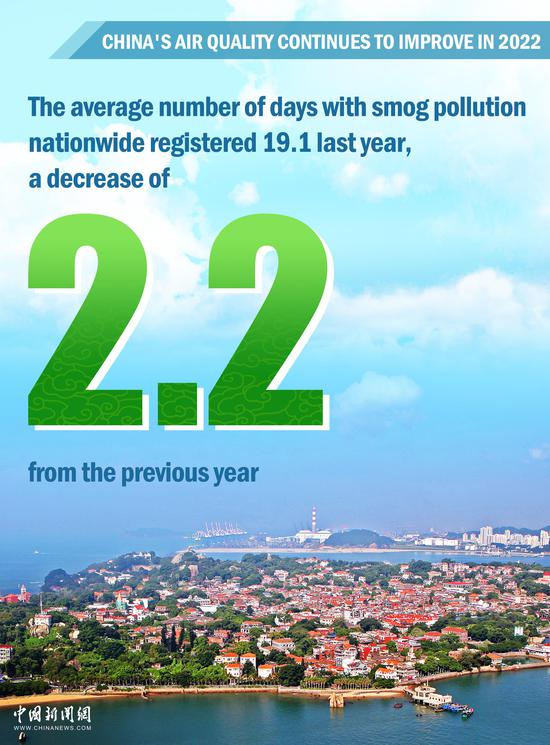

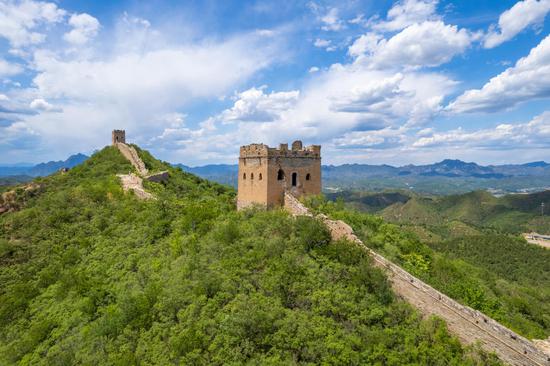
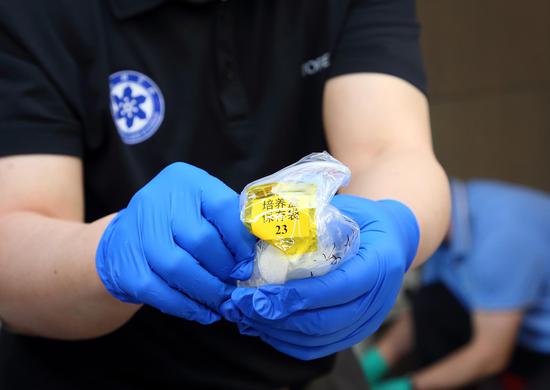







 京公网安备 11010202009201号
京公网安备 11010202009201号